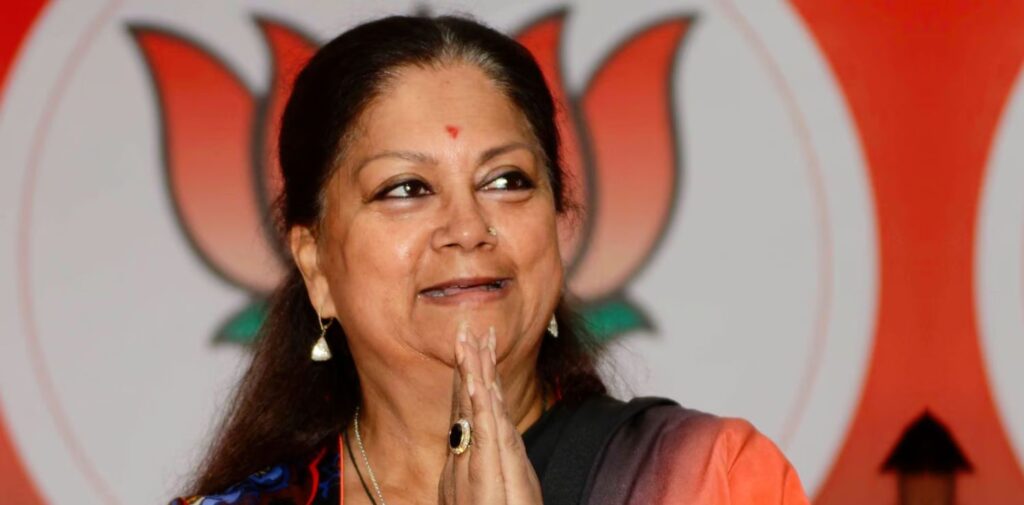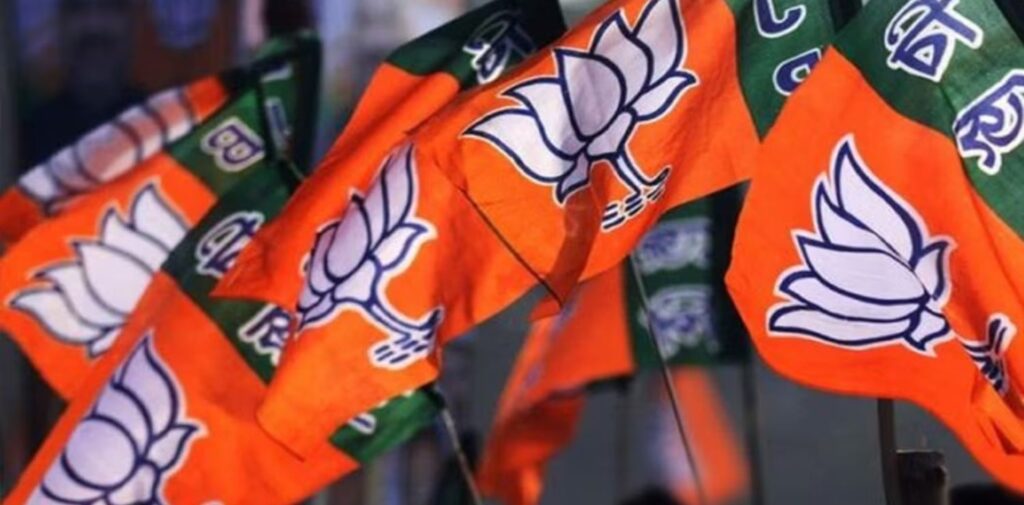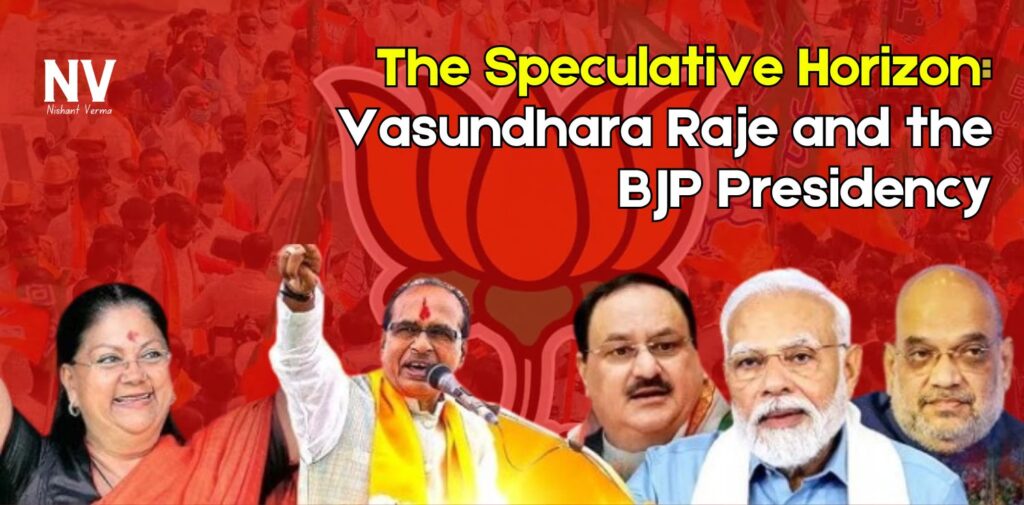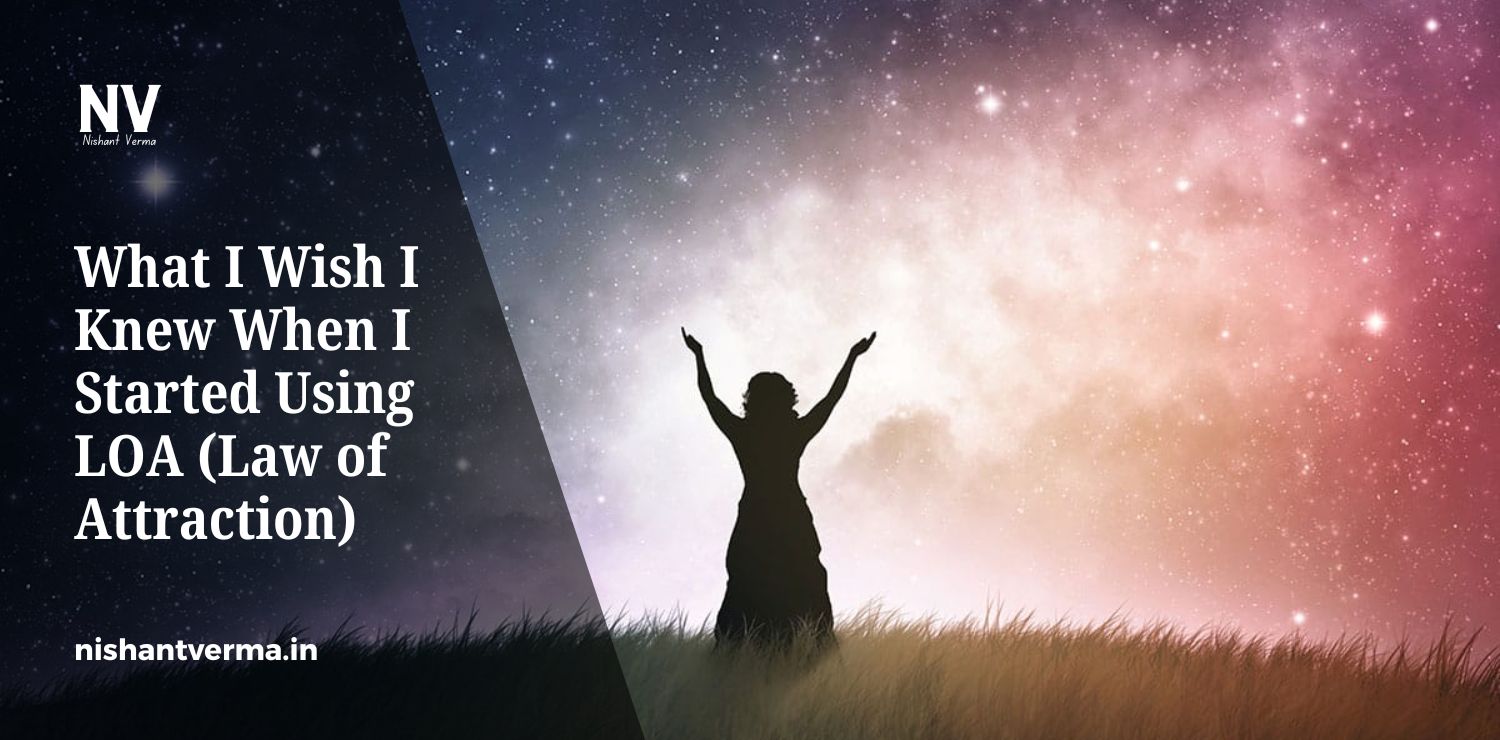In recent months, rumors have circulated regarding Vasundhara Raje, the former Chief Minister of Rajasthan, possibly taking the helm as the president of the Bharatiya Janata Party (BJP). While these speculations have garnered attention, a deeper analysis reveals the complexities and underlying factors that may challenge the likelihood of her ascension to this pivotal role.
Context of Speculation – Vasundhara Raje
Vasundhara Raje, a seasoned politician and a significant figure in Rajasthan’s political landscape, has previously held the position of Chief Minister, steering the state through various challenges and political shifts. Her governance style has been characterized by a blend of assertiveness and traditional leadership, appealing to a diverse voter base. However, the recent reports suggesting her potential presidency may not be as concrete as they seem.

The BJP, under the leadership of its current president, J.P. Nadda, has navigated through tumultuous political waters. As the party prepares for upcoming elections, the strategic selection of leadership is paramount. In this context, the speculation around Raje is intertwined with the party’s broader electoral strategy.
Mixed Electoral Performance
One of the crucial aspects influencing the discussion about Raje’s candidacy is her mixed electoral performance in recent years. In the 2018 Rajasthan Assembly elections, her leadership faced significant challenges as the party suffered a defeat against the Indian National Congress (INC). This loss not only raised questions about her political viability but also reflected the changing sentiments among voters in the state.
While Raje maintains a loyal support base, her recent electoral setbacks may weigh heavily on her prospects for leadership within a party that values electoral success above all. The BJP’s emphasis on winning state and national elections is likely to influence its decision-making process regarding the presidency.
Internal Party Dynamics
The BJP’s internal dynamics present another layer of complexity. The party is currently witnessing a shift towards promoting new leadership that resonates with the younger demographic and reflects contemporary political challenges. This shift may favor candidates who can bring fresh perspectives and innovative strategies rather than leaning on traditional figures.
Moreover, the party’s central leadership has been proactive in grooming new leaders across states. This development may diminish Raje’s chances, as the party may prefer to cultivate fresh talent capable of energizing the base and adapting to the rapidly changing political landscape.

The Central Leadership’s Perspective
The central leadership of the BJP is crucial in shaping the party’s direction. Prime Minister Narendra Modi and Home Minister Amit Shah, the key decision-makers, are likely to have their preferred candidates in mind as they strategize for the future. Raje’s alignment with the central leadership’s vision and her ability to navigate the complexities of national politics will be under scrutiny.
In the backdrop of national issues, the BJP’s leadership might prioritize candidates who can robustly address contemporary challenges, including economic recovery, social justice, and national security. The effectiveness of a candidate in articulating the party’s stance on these issues will be pivotal in the selection process.
The Influence of State Politics
Rajasthan’s political landscape adds another layer of intrigue to the speculation surrounding Raje. With the state elections approaching, the BJP’s strategy in Rajasthan will significantly impact the national narrative. The party needs a leader who can effectively challenge the Congress-led government and galvanize support among voters.
Raje’s previous tenure in office, marked by both achievements and controversies, will likely be scrutinized as the party evaluates its options. Her capacity to unite various factions within the party and appeal to a broad spectrum of voters will be crucial in determining her suitability for the presidency.
The Role of Public Perception
Public perception plays a vital role in political dynamics. Raje’s image, shaped by her governance and public engagements, will influence her candidacy. A recent survey indicated that while Raje retains popularity among certain demographics, there is a growing discontent among other sections regarding her leadership style and electoral strategies.
The BJP must consider public sentiment as it seeks to strengthen its position in Rajasthan and beyond. A leader who resonates with the electorate’s aspirations and concerns will be essential for the party’s success, especially in light of upcoming elections.
Conclusion: A Complex Political Landscape
The speculation surrounding Vasundhara Raje’s potential presidency within the BJP encapsulates the intricate dynamics of Indian politics. While her experience and past leadership may suggest a possibility, the reality is shaped by numerous factors, including electoral performance, internal party dynamics, central leadership preferences, and public perception.
As the BJP prepares for a crucial electoral phase, the decision regarding its president will not only reflect the party’s strategic direction but also resonate with the aspirations of its constituents. While Raje remains a prominent figure, the evolving political landscape suggests that the BJP may seek to embrace fresh leadership to navigate the challenges ahead.
In essence, while the rumors of Raje’s presidency may spark interest, the complexities of the current political environment will ultimately dictate the course of action the BJP chooses to take.




